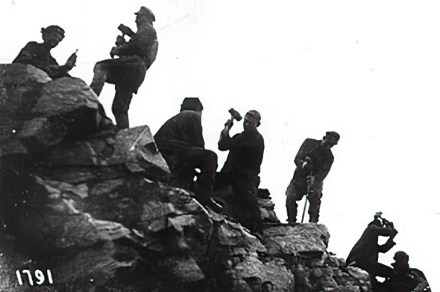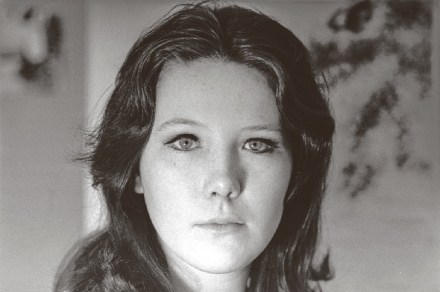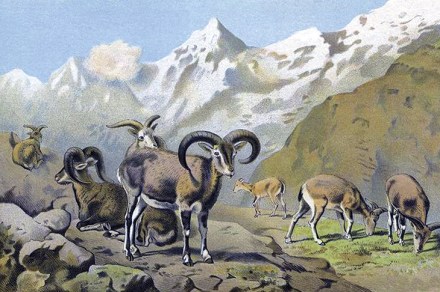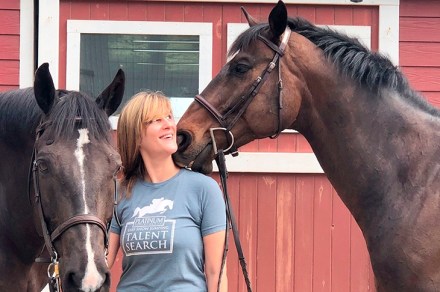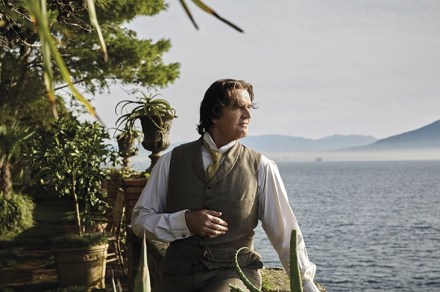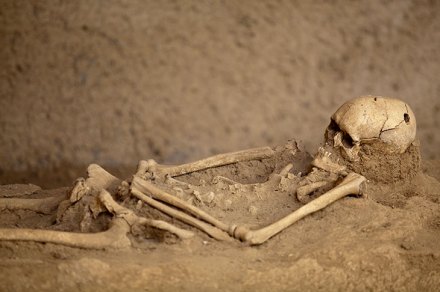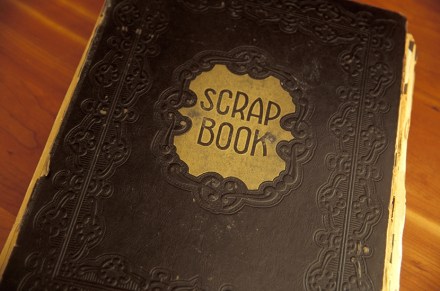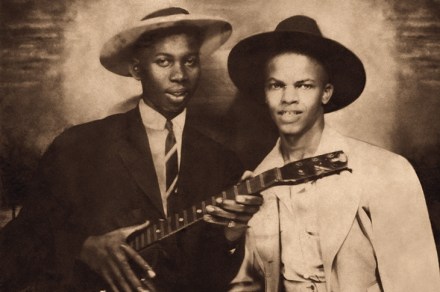A bored business administrator in Leicester puts the intelligence services to shame
In the summer of 2012, a man was walking near Jabal Shashabo, a Syrian rebel enclave, when he spotted a group of turquoise canisters with what appeared to be tail fins attached. He picked up one of the objects and filmed it. Later he uploaded his video to YouTube. What were those strange turquoise cans? The answer was provided not by a UN investigator, war correspondent or military expert, but by a bored business administrator at his desk in Leicester. He had never been to Syria, spoke no Arabic and by his own admission knew nothing about weaponry. But Eliot Higgins had become fascinated by the war in Syria, and






